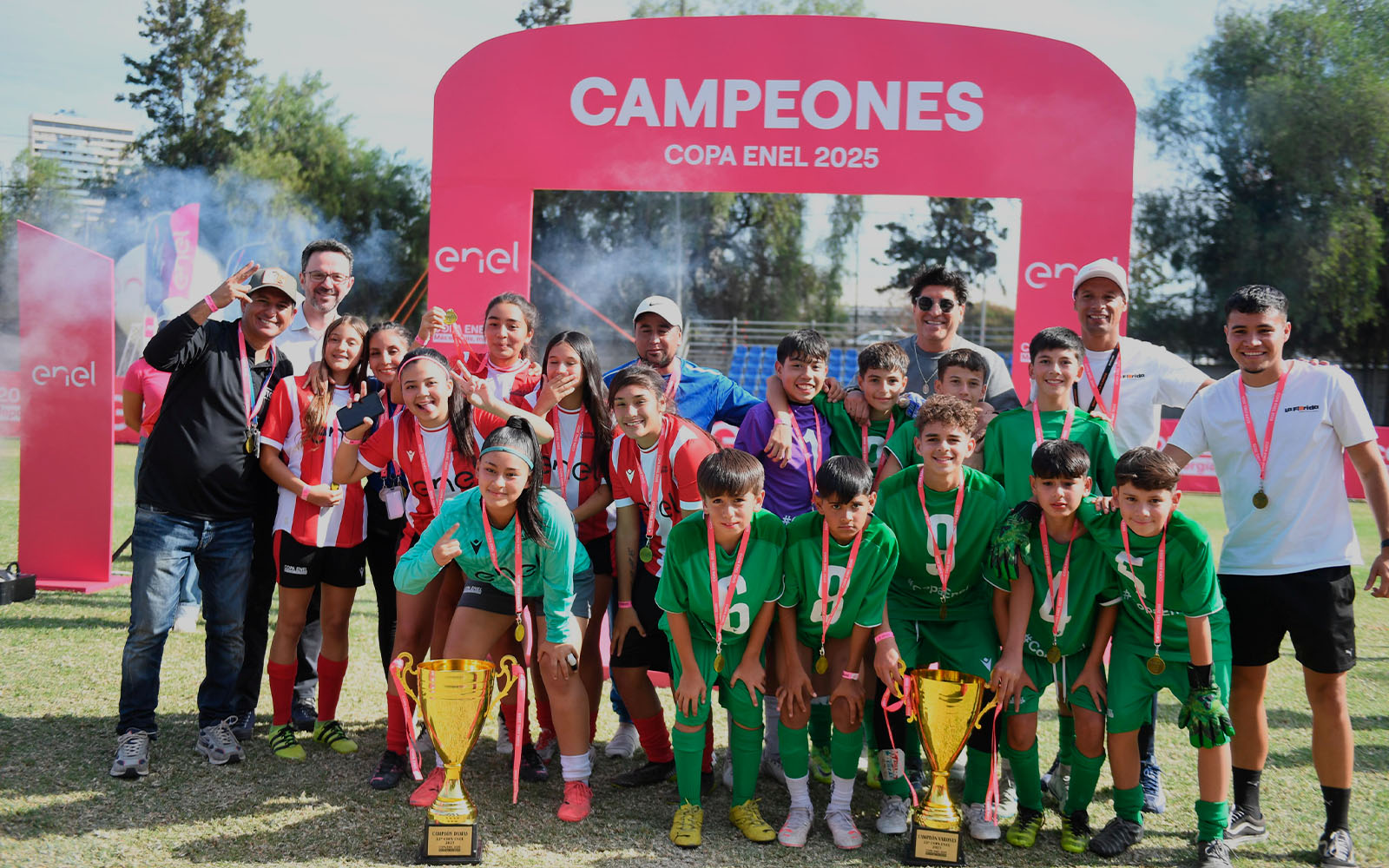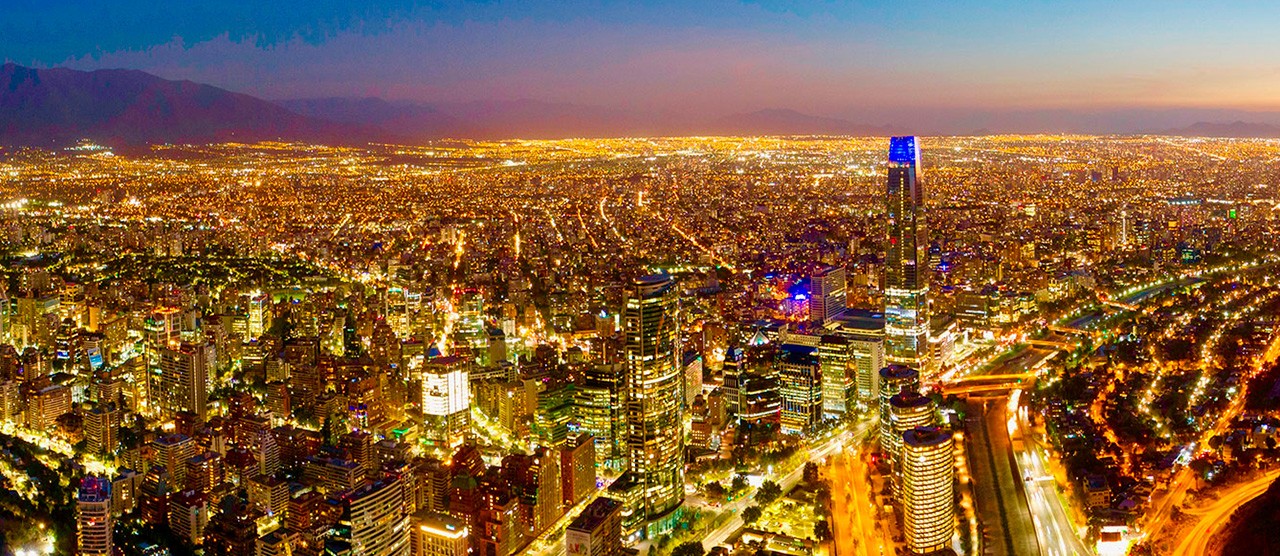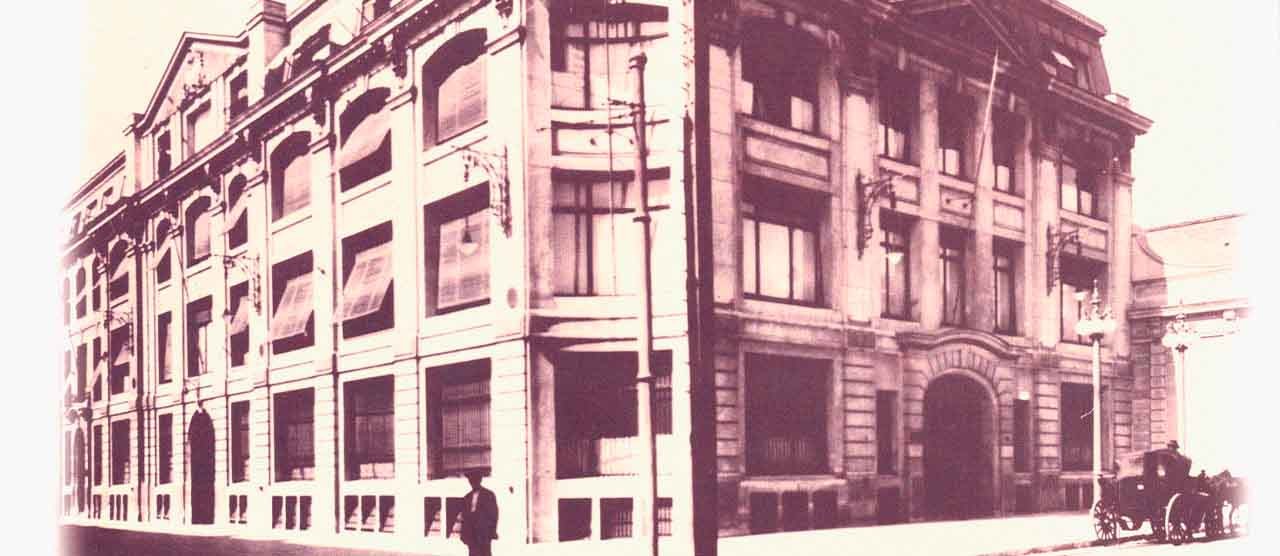



Equipos de las comunas de Santiago y La Florida se coronaron como campeones de Copa Enel 2025
Infórmate sobre el Subsidio Eléctrico para hogares vulnerables
Toda la energía puesta en ti. En Enel trabajamos día a día para mejorar la calidad de vida de todos.
Si tienes un familiar electrodependiente, con hospitalización domiciliaria, regístralo
Equipos de las comunas de Santiago y La Florida se coronaron como campeones de Copa Enel 2025
Infórmate sobre el Subsidio Eléctrico para hogares vulnerables
Distribución
Pago de cuenta
-
Pago de cuenta
-
Copia de boleta
-
Mapa de cortes en línea
-
Ante una emergencia estamos contigo
-
autolectura
-
Convenio de Pago
-
Pago de cuenta
-
-
-
Pago de cuenta
-
Copia de boleta
-
Mapa de cortes en línea
-
Ante una emergencia estamos contigo
-
autolectura
-
Convenio de Pago
-
Pago de cuenta
-
-




